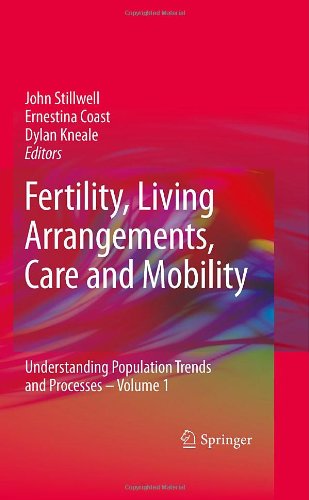

Most ebook files are in PDF format, so you can easily read them using various software such as Foxit Reader or directly on the Google Chrome browser.
Some ebook files are released by publishers in other formats such as .awz, .mobi, .epub, .fb2, etc. You may need to install specific software to read these formats on mobile/PC, such as Calibre.
Please read the tutorial at this link: https://ebookbell.com/faq
We offer FREE conversion to the popular formats you request; however, this may take some time. Therefore, right after payment, please email us, and we will try to provide the service as quickly as possible.
For some exceptional file formats or broken links (if any), please refrain from opening any disputes. Instead, email us first, and we will try to assist within a maximum of 6 hours.
EbookBell Team

5.0
20 reviewsMany parts of the world are experiencing rapid demographic restructuring, resulting in an ageing population with increasingly significant work and care pressures on cohorts less able or willing to provide support. This book examines some of the important trends that have underpinned reductions in fertility, including delayed child-bearing and increased childlessness. It demonstrates how relationships between partners have resulted in new living arrangements with changing attitudes from marriage to co-habitation as the social norm, and it considers the health and well-being for particular at risk groups such as the elderly and stepparents as well as aspects of mobility such as household migration and commuting to school.
The book brings together a series of studies that all involve quantitative analyses of secondary data from censuses, surveys or administrative records. The trends and patterns reported provide new and interesting insights into behaviour of the household and the roles of adults and children, and point to questions of critical importance for practitioners and policy makers.
"This book is the first of three volumes on ' Understanding Population Trends and Processes'. Volume 2 will report the findings of research on a further set of dimensions including population change, deprivation, educational attainment, employment, health and well-being, identity, religiosity, social values and trust, whilst Volume 3 will have a more specific focus on ethnicity and integration."